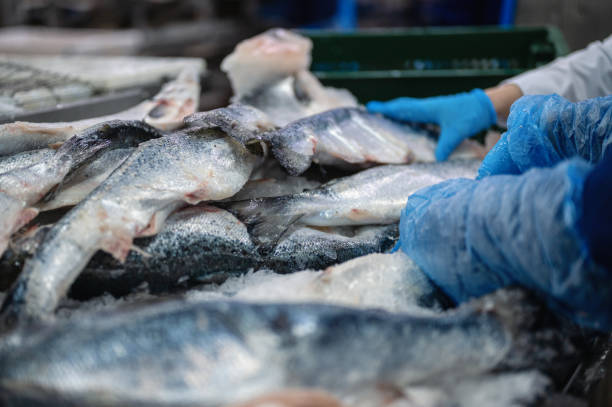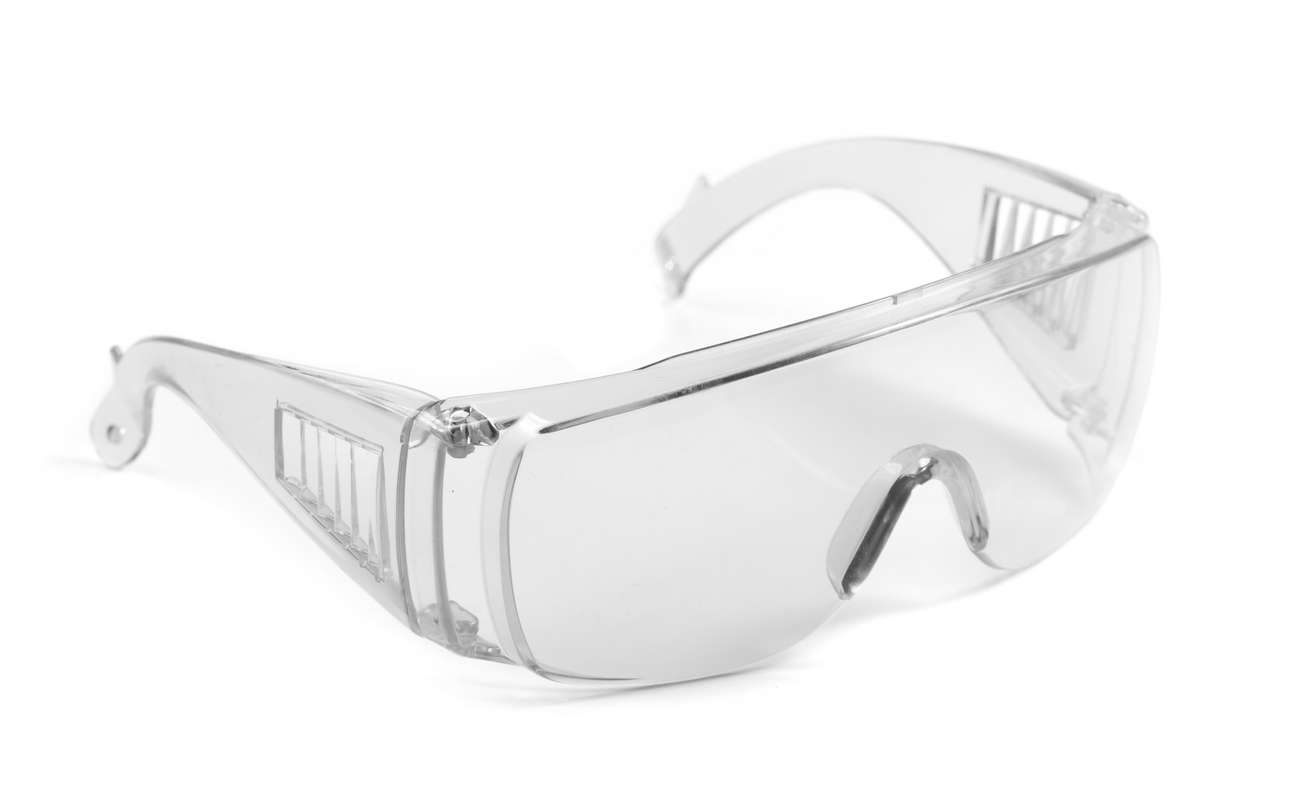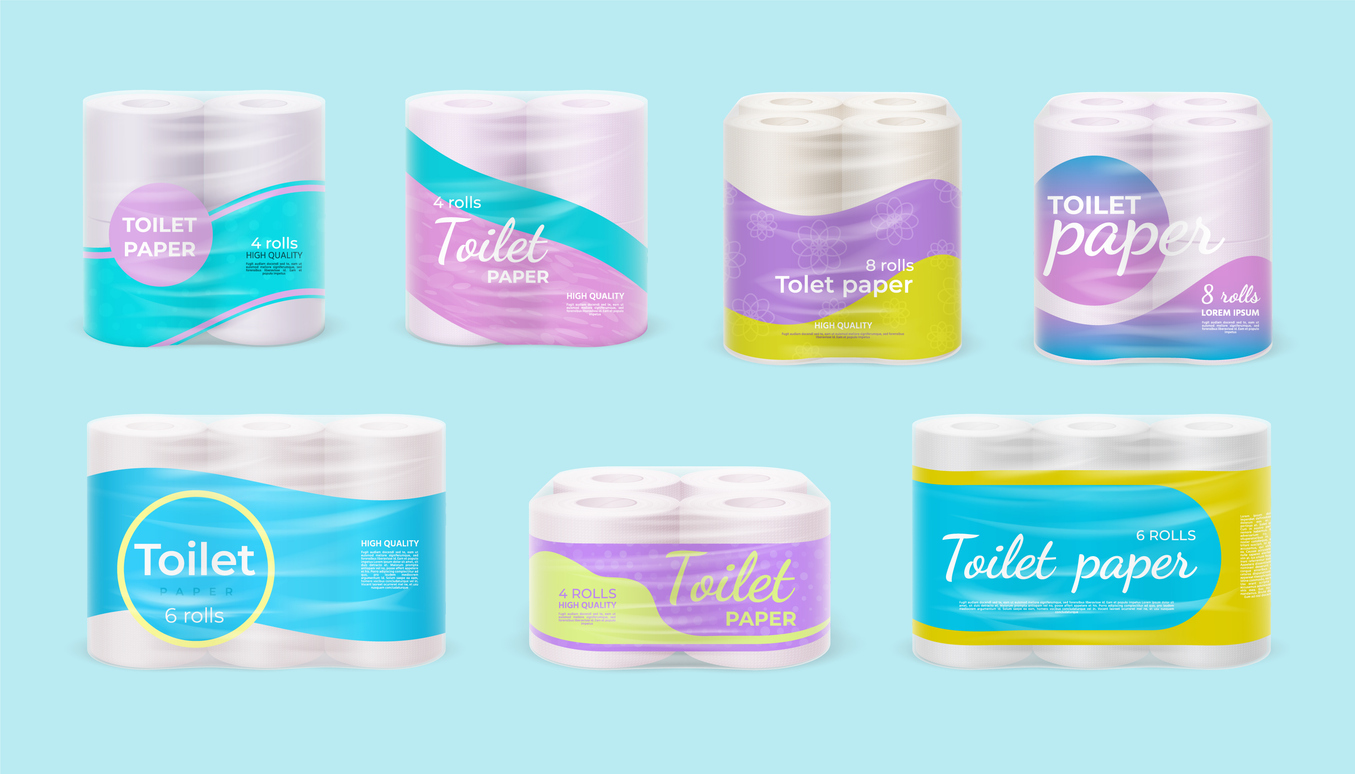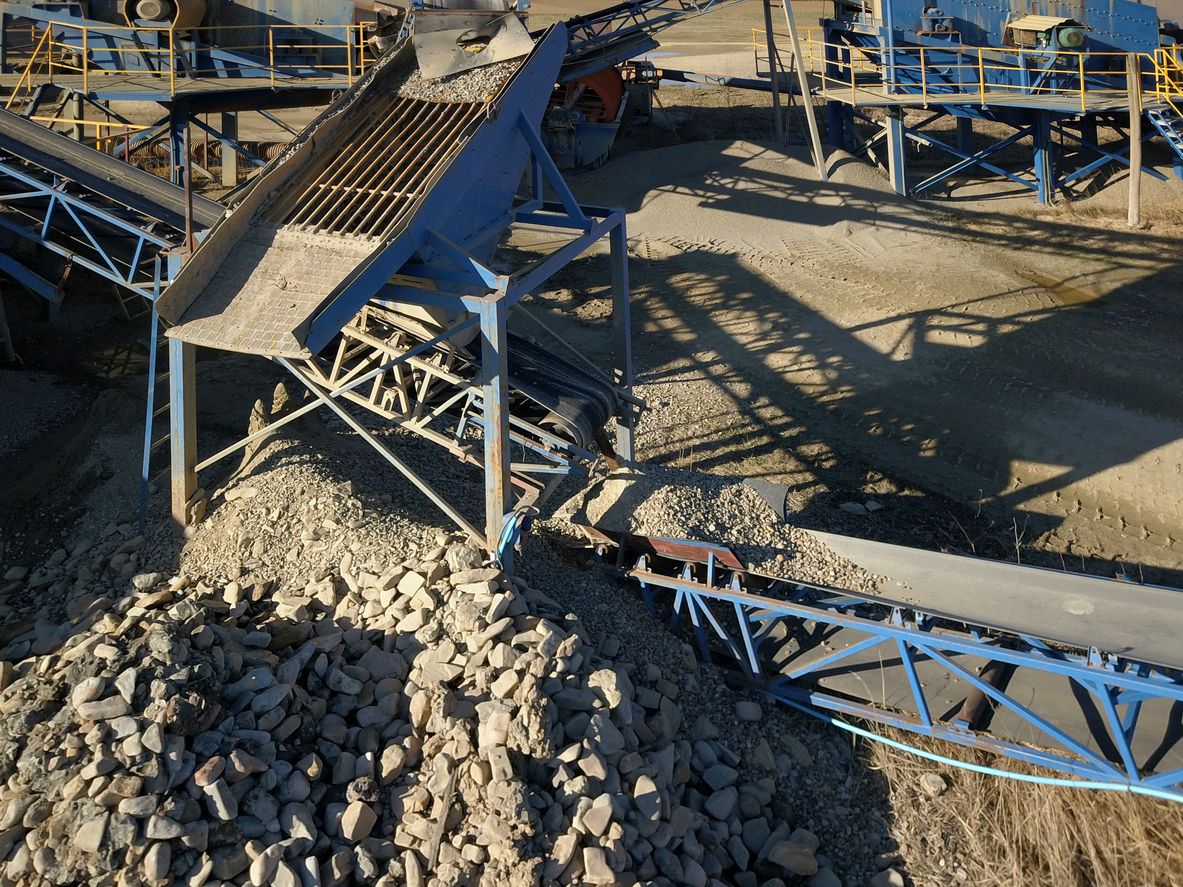From Ocean to Plate: Exploring Nigeria’s Thriving Wholesale Seafood Industry with Wigmore Trading
From Ocean to Plate: Exploring Nigeria’s Thriving Wholesale Seafood Industry with Wigmore Trading
Are you a seafood lover with an adventurous palate? Brace yourself, because we’re about to take you on a thrilling journey from the vast depths of the ocean all the way to your plate! Today, we dive into Nigeria’s booming wholesale seafood industry and uncover its hidden gems with none other than Wigmore Trading. Get ready to discover the secret behind their success as we explore how they bring fresh catches from Nigerian waters straight to your table. So grab your bibs and prepare for a mouthwatering adventure like no other!
Introduction to Nigeria’s seafood industry
Introduction to Nigeria’s Seafood Industry
Located in West Africa, Nigeria is a country rich in diversity and culture. With a population of over 200 million people, it is also the most populous country in Africa. Surrounded by the Atlantic Ocean on its southern coast, Nigeria has a thriving seafood industry that plays a significant role in its economy and food culture.
The seafood industry in Nigeria dates back centuries and has evolved over time to become one of the largest industries in the country. It is estimated that about 170,000 tons of seafood are caught annually from Nigerian waters, making it an essential source of protein for both domestic consumption and export.
Types of Seafood Found in Nigeria
Nigeria’s seafood industry offers a wide variety of fish and shellfish species that are native to its coastal waters. Some popular types include tuna, mackerel, snapper, grouper, tilapia, shrimps, prawns, crabs, lobsters and oysters.
Each region within the country also has its unique specialties when it comes to seafood. For example, crayfish (also known as prawns) from River Niger is considered a delicacy in Southern Nigerian cuisine while dried catfish is commonly used in Northern Nigerian dishes.
History and background of Wigmore Trading
Wigmore Trading is a leading wholesale seafood company based in Nigeria, with a rich history and background in the country’s thriving seafood industry. Established in 2003, Wigmore Trading has been at the forefront of providing high-quality seafood products to customers across Nigeria and beyond.
The founder of Wigmore Trading, Mr. Femi Iyaniwura, had a vision to bring fresh and delicious seafood from the ocean straight to people’s plates. With this goal in mind, he started his journey by sourcing fish from local fishermen and selling them in Lagos markets. As demand for his products grew, he expanded his operations and opened a small processing plant near the coast.
Through hard work and determination, Mr. Iyaniwura was able to establish strong relationships with local fishing communities and build partnerships with suppliers all along the Nigerian coast. This enabled him to have access to an abundant supply of top-quality seafood that he could then distribute throughout the country.
Over time, Wigmore Trading became known as one of Nigeria’s most reliable wholesalers of frozen seafood products. The company’s commitment to delivering only the freshest and highest quality products has earned them a solid reputation among their customers.
In addition to its excellent product offerings, Wigmore Trading also distinguishes itself through its ethical business practices. The company works closely with its suppliers to ensure fair trade practices are followed, promoting sustainable fishing methods and supporting local economies.
Process of wholesale seafood distribution in Nigeria
The process of wholesale seafood distribution in Nigeria is a complex and intricate system that involves multiple steps to ensure the safe handling and timely delivery of fresh seafood products. Wigmore Trading, one of the leading seafood distributors in Nigeria, follows a well-established process that ensures high-quality products reach their customers.
1. Sourcing: The first step in the wholesale seafood distribution process is sourcing from reliable suppliers. Wigmore Trading has established strong partnerships with trusted local fishermen, fish farms, and seafood markets across Nigeria to ensure a steady supply of fresh and high-quality seafood.
2. Quality Control: Upon receiving the seafood from suppliers, Wigmore Trading conducts rigorous quality control checks to ensure that only the best products are selected for distribution. This includes checking for freshness, size, weight, appearance, and any signs of contamination.
3. Processing: After passing quality control checks, the seafood is then processed according to customer requirements. This may include cleaning, gutting, filleting, portioning or packaging depending on the specific needs of each client.
4. Cold Storage: To maintain freshness and extend shelf life, all processed seafood is immediately placed in cold storage facilities at controlled temperatures until it is ready for delivery.
5. Logistics and Delivery: Once an order is received from a customer, Wigmore Trading’s logistics team takes charge of ensuring timely delivery to their destination. With a fleet of refrigerated trucks equipped with temperature-controlled systems and GPS tracking capabilities for efficient route planning; they guarantee prompt delivery while maintaining product integrity.
Types of fish, crustaceans, and molluscs available through Wigmore Trading
Types of fish, crustaceans, and molluscs are some of the most popular seafood options available through Wigmore Trading. As a leading wholesale supplier in Nigeria’s thriving seafood industry, Wigmore Trading offers a wide variety of fresh and frozen products to meet the demands of their customers.
1. Fish:
Wigmore Trading sources its fish from both local and international suppliers, ensuring a diverse range of options for consumers. Some of the types of fish available include:
– Tilapia: This is one of the most commonly consumed fish in Nigeria due to its affordability and availability. It has a mild flavor and can be prepared in various ways such as grilling, frying or baking.
– Catfish: Another popular choice in Nigerian cuisine, catfish has a slightly stronger flavor compared to tilapia. It is rich in nutrients such as omega-3 fatty acids and can be cooked using different methods including smoking, frying or stewing.
– Mackerel: A highly nutritious fish with a rich flavor, mackerel is widely used in Nigerian soups and stews. It is also available as smoked or canned for easy consumption.
– Salmon: As an imported option, salmon may be pricier but is highly sought after by seafood lovers for its distinct pink color and delicate taste. It can be grilled, baked or poached for a delicious meal.
Benefits of buying wholesale seafood from Wigmore Trading
There are numerous benefits to buying wholesale seafood from Wigmore Trading. As one of the leading seafood importers and distributors in Nigeria, they have established a reputation for providing high-quality products at competitive prices. In this section, we will explore some of the key advantages that come with purchasing wholesale seafood from Wigmore Trading.
1. High-Quality Products: One of the biggest benefits of buying wholesale seafood from Wigmore Trading is the assurance of quality. Being in the industry for over 20 years, they have built strong relationships with trusted suppliers and fishermen from around the world. This allows them to source only the freshest and highest quality seafood for their customers.
2. Competitive Prices: Buying wholesale means purchasing larger quantities at a lower cost per unit. This translates to significant savings for businesses that rely on seafood as part of their menu or product offerings. Additionally, Wigmore Trading offers competitive prices without compromising on quality, making it a cost-effective option for both small and large businesses.
3. Wide Variety: Another advantage of buying wholesale seafood from Wigmore Trading is access to a wide variety of products. They offer an extensive range of fresh, frozen, and live seafood including fish, shrimp, crabs, lobsters, oysters, clams and more. This allows businesses to diversify their menu options and cater to different customer preferences.
Sustainability practices in the Nigerian seafood industry
The Nigerian seafood industry has experienced significant growth in recent years, with the country’s coastal waters teeming with a variety of fish and other marine life. However, with this growth comes the responsibility to implement sustainable practices that ensure the long-term viability of this valuable resource. In this section, we will delve into the sustainability practices being adopted by the Nigerian seafood industry and how they are contributing to its continued success.
1. Sustainable Fishing Methods:
One of the key pillars of sustainability in the seafood industry is using fishing methods that minimize harm to ocean ecosystems. In Nigeria, traditional fishing methods such as handline and gillnetting are still widely used, which have minimal impact on non-target species and do not damage sensitive habitats.
In recent years, there has also been a shift towards more modern and sustainable fishing techniques such as longlining and purse seining. These methods allow for precise targeting of specific fish species while reducing bycatch (the unintentional catch of non-target species). Additionally, new technologies like Fish Aggregating Devices (FADs) are being used to attract fish schools without causing harm to other marine life.
2. Regulation and Monitoring:
Strict regulations play a vital role in promoting sustainability in any industry, including seafood production. In Nigeria, The National Fisheries Management Framework was established in 2016 to promote responsible fisheries management through measures such as licensing requirements, closed seasons, size limits, and gear restrictions.
Success stories and testimonials from customers of Wigmore Trading
Introduction:
Wigmore Trading has been a key player in Nigeria’s seafood industry for over 20 years, providing top-quality wholesale seafood products to businesses and individuals across the country. But what truly sets Wigmore Trading apart is their commitment to customer satisfaction and success. In this section, we will take a closer look at some of the success stories and testimonials from customers who have experienced the exceptional service and products offered by Wigmore Trading.
Success Stories:
1. “Increased Profit Margins”:
One of the most common success stories shared by Wigmore Trading’s customers is how their business profits have significantly increased after partnering with Wigmore. With access to a wide range of high-quality seafood products at competitive prices, many businesses have been able to expand their offerings and attract more customers. This has resulted in an increase in profit margins for these businesses.
2. “Efficient Supply Chain Management”:
Another aspect that stands out in many success stories is how efficiently Wigmore Trading manages its supply chain. Customers have shared how they no longer face delays or stock shortages, which were common issues with other suppliers they worked with before. With prompt deliveries and accurate order fulfillment, Wigmore has helped many businesses maintain smooth operations and keep their customers satisfied.
3. “Consistent Quality”:
Customers also praise Wigmore Trading for consistently delivering top-quality seafood products without compromising on freshness or taste. This has allowed restaurants, hotels, and other food establishments to maintain high standards and keep their customers coming back for more.
Conclusion: The importance of supporting local businesses like Wigmore Trading for a thriving seafood industry in Nigeria.
Conclusion: The importance of supporting local businesses like Wigmore Trading for a thriving seafood industry in Nigeria.
It is evident that the wholesale seafood industry in Nigeria is thriving and has great potential for growth. With the support of local businesses like Wigmore Trading, this industry can continue to flourish and contribute positively to the economy.
The significance of supporting local businesses such as Wigmore Trading cannot be overstated. Not only do they provide high-quality products at competitive prices, but they also play a crucial role in promoting sustainability and economic development in their communities.
By sourcing their seafood from small-scale fishermen and fish farmers, Wigmore Trading supports the livelihoods of many individuals and families who depend on fishing as their main source of income. This direct involvement with local producers not only boosts the economy but also ensures that these producers receive fair prices for their products.
Moreover, by working closely with small-scale producers, Wigmore Trading promotes sustainable fishing practices. They prioritize sourcing from suppliers who use responsible fishing methods and adhere to strict standards to ensure the preservation of marine resources. This not only helps safeguard the environment but also ensures a continuous supply of fresh seafood for both domestic consumption and export.
Supporting local businesses also has a positive impact on food security in Nigeria. By promoting domestic production and reducing reliance on imported seafood, there is a decrease in food insecurity risks while creating job opportunities within the country.








Comments are closed.